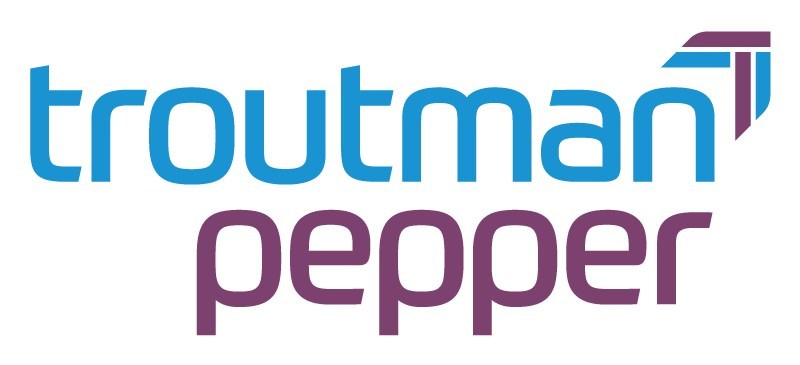
The report examines the shifting legal landscape and the regulatory challenges that EV charging operators and industry stakeholders must navigate as the demand for EVs in the US continues to rise.
One of the key issues highlighted in the report is the complexity of energy regulation. EV charging companies must comply with a patchwork of federal and state regulations. The Federal Energy Regulatory Commission (FERC) oversees wholesale electricity sales, while individual states regulate retail sales, leading to inconsistencies in the way charging stations are treated. Some states consider EV charging a service rather than an energy sale, adding to the regulatory complexity.
Data privacy and security also present significant challenges for EV charging operators. These stations collect vast amounts of sensitive data, including driver profiles and charging patterns, requiring operators to adhere to strict privacy laws and cybersecurity protocols. Ensuring compliance is essential to protecting users’ information and avoiding legal penalties.
Liability is another area of concern. Operators may face risks related to equipment failure or safety issues at charging stations. Proper contracts and insurance coverage are critical for managing these risks effectively.
The report also discusses the payment systems used by charging operators and e-mobility service providers (eMSPs). Facilitating payments for charging services can trigger state and federal money transmission regulations, and companies must navigate these legal frameworks to avoid penalties.
Incentives and evolving laws play a crucial role in expanding EV infrastructure. Federal legislation, such as the Bipartisan Infrastructure Law (BIL) and the Inflation Reduction Act (IRA), offers significant financial incentives. However, staying informed about changing regulations is vital for stakeholders to fully leverage these opportunities.
Chad Warpula, a partner at Troutman Pepper, emphasised the importance of understanding and addressing the regulatory obligations tied to the rapid expansion of EV adoption. He noted that as the market grows, proactive engagement with legal risks is essential for the successful development and operation of EV charging infrastructure.
Troutman Pepper’s energy and environmental practices are recognised for assisting clients with complex matters across the US. The firm advises a diverse range of clients, including automobile manufacturers, charging station companies, automotive suppliers, independent power producers, banks, utilities, private equity funds, and large corporations.











